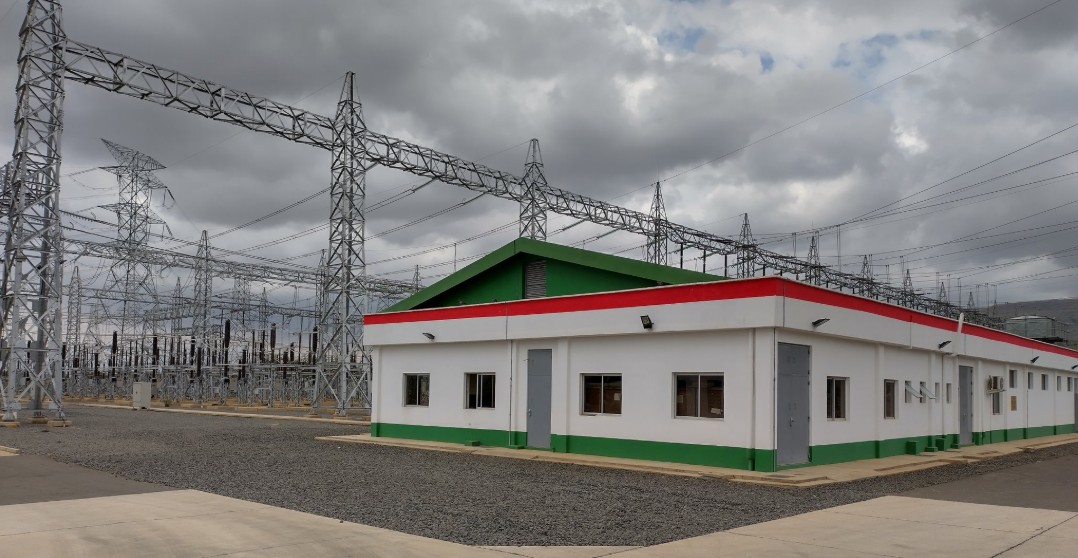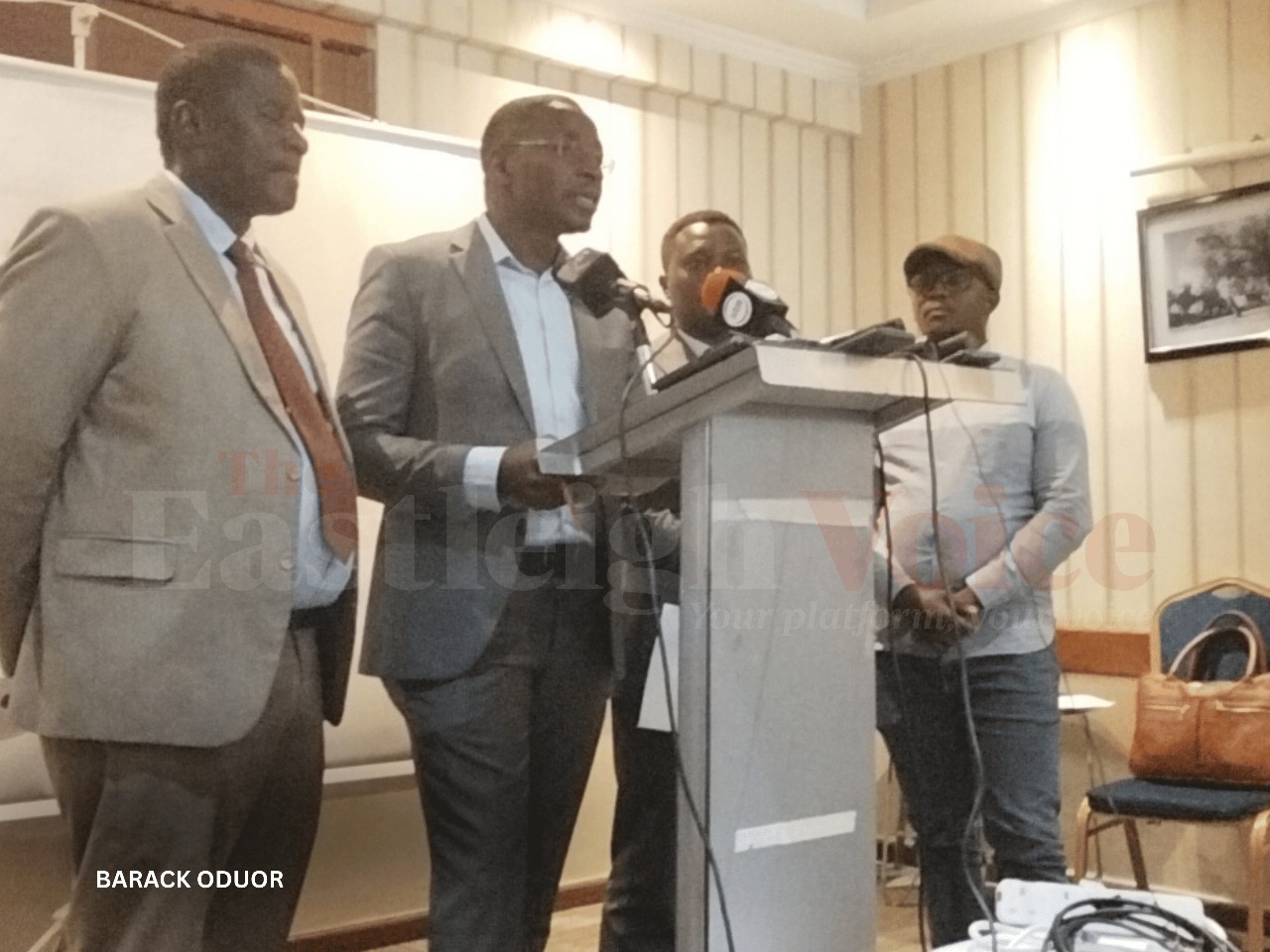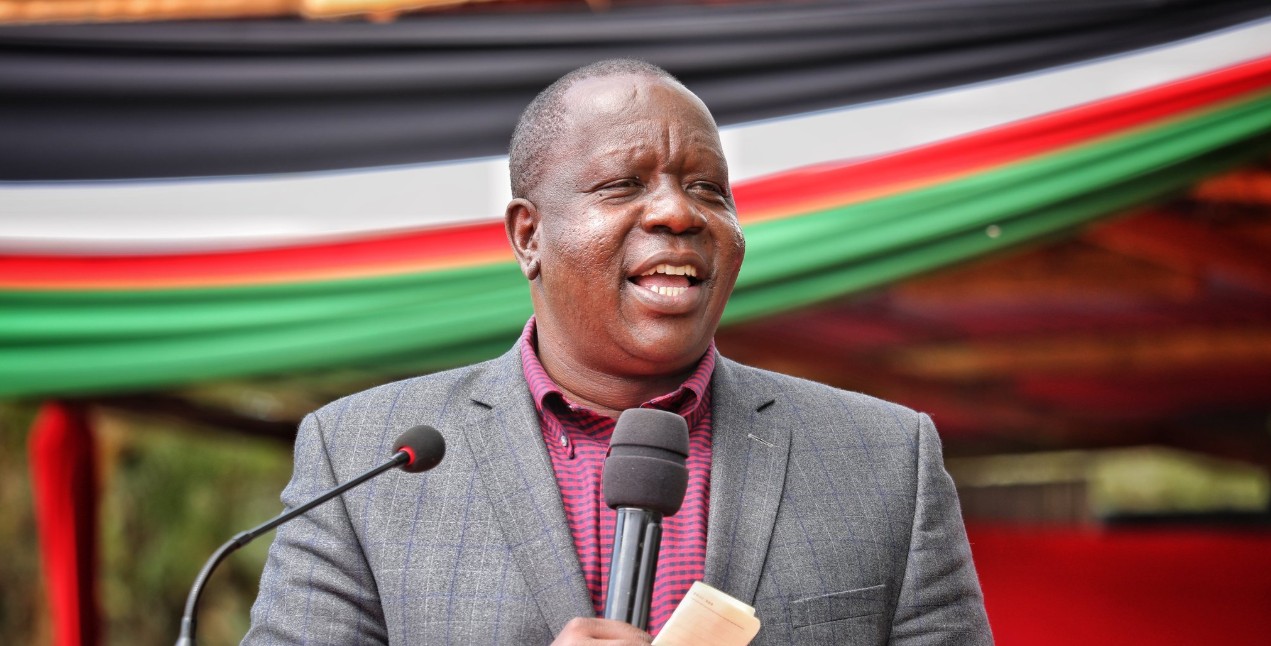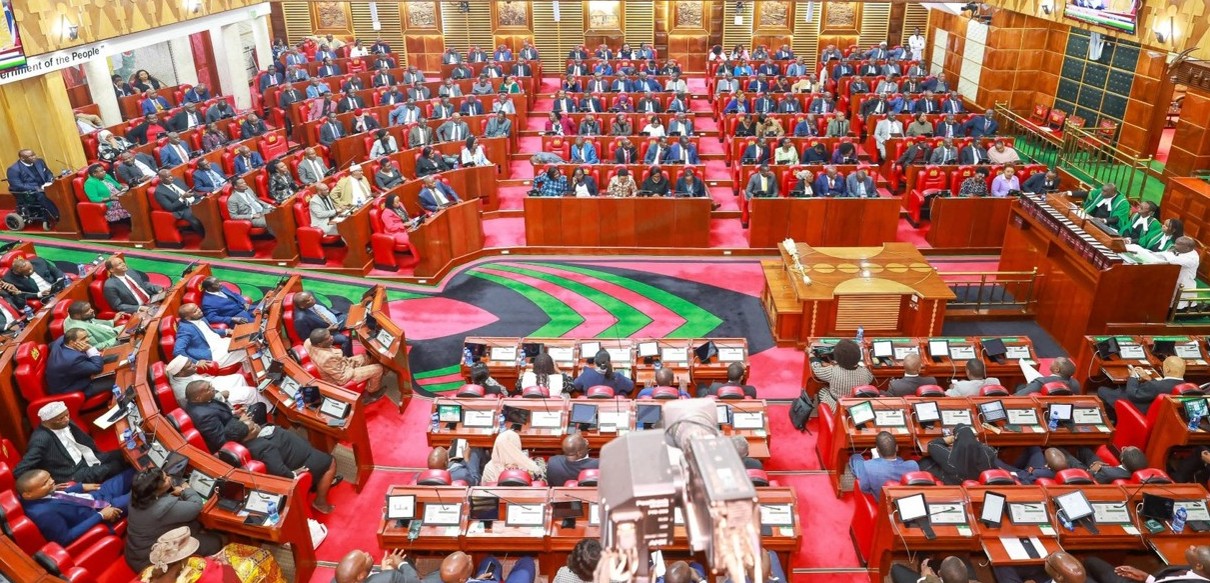NGOs in Kenya given until May 2026 to comply with new public benefits law
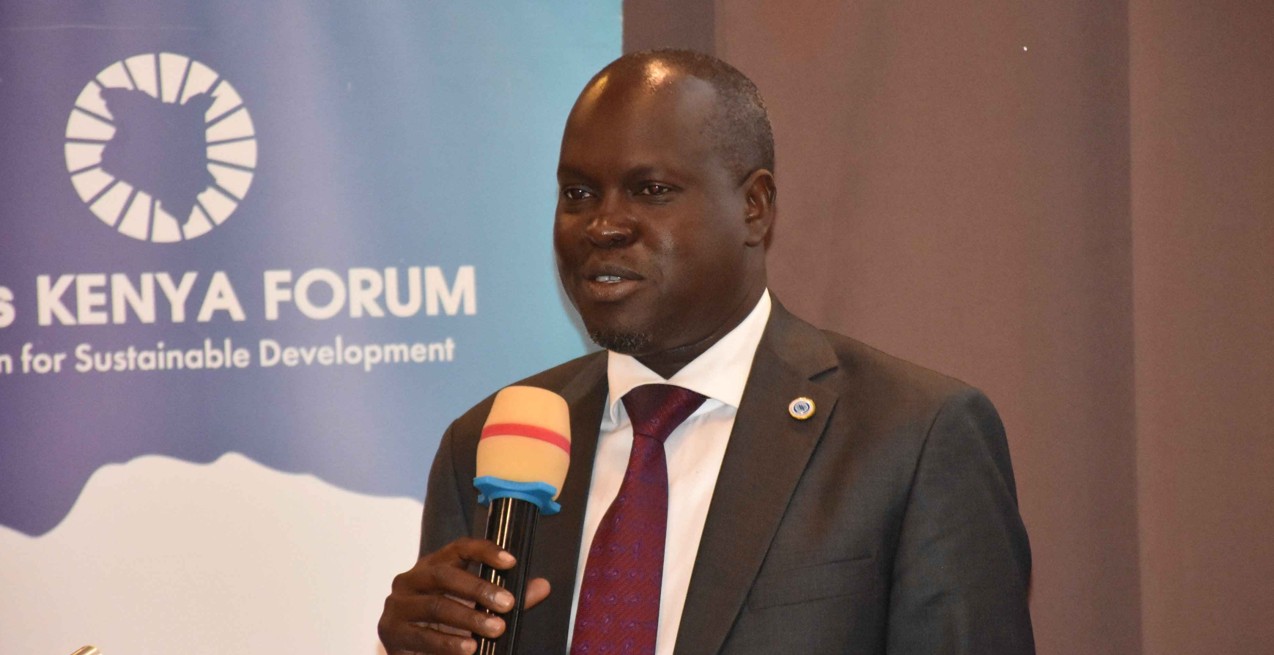
According to the Public Benefit Organisations Regulatory Authority, only 4,000 out of the 14,000 NGOs registered in Kenya are currently compliant.
All Non-Governmental Organisations (NGOs) in Kenya have until May 13, 2026, to restructure their internal systems, including governance, financial reporting and registration requirements, in line with the Public Benefits Organisations (PBO) Act.
This follows the government’s decision to extend the compliance deadline by a year to allow for a smooth transition into the new legal regime.
More To Read
- High Court declares key provisions of PBO Act unconstitutional in major win for NGO rights
- State proposes new PBO Act rules for civil society operations
- Kenya's non-profit sector faces medium to low terror financing risk - Report
- Sakaja’s foundation among over 2,800 non-compliant NGOs facing deregistration
- NGOs report reveals increased funding as only 2,829 organisations file returns
- Boost for civil societies as President Ruto implements PBO Act
The extension shifts the original compliance deadline from May 14, 2025, to May 13, 2026, granting thousands of NGOs additional time to align with the updated regulatory framework that replaces the outdated Non-Governmental Organisations Coordination Act of 1990.
The Public Benefit Organisations Regulatory Authority (PBORA) Director General, Laxmana Kiptoo, announced the extension on Thursday during a media engagement held in Nairobi, where he outlined the steps taken so far to facilitate the Act’s implementation.
“This Act ushers in a new regulatory framework that supports a dynamic civil society ecosystem while reinforcing mechanisms for accountability, sustainability, and transparency,” Kiptoo said.
“This spirit of collaboration is both encouraging and essential as we move forward.”
According to PBORA, only 4,000 out of the 14,000 NGOs registered in Kenya are currently compliant. Kiptoo called on all remaining organisations to use the extension period to meet the requirements of the PBO Act.
“It is important that they comply with the law that is being operationalised for the benefit of all,” he said.
“It is shocking that out of the 14,000 NGOs we have registered, only 4,000 are compliant.”
Finalising regulations
The government and civil society stakeholders are in the process of finalising regulations to support the Act. Two draft sets of regulations, one from the government and another from the civil society, are being harmonised through a public participation exercise scheduled between June 19 and July 18, 2025.
The final report will then be validated and submitted to Parliament in August, followed by review by the Office of the Attorney General and subsequent gazettement by the Interior Cabinet Secretary.
Kiptoo said the operationalisation of the PBO Act on May 14, 2024, was a significant milestone, marking the replacement of the now-defunct NGO Coordination Act.
He added that the authority is entering a crucial phase in implementing the PBO Act, 2013, and that its framework will significantly impact the nonprofit and development landscape in Kenya.
Under the new law, all NGOs are considered registered under the PBO Act but must apply for re-registration within one year from the Commencement Date. Failure to do so within 30 days after receiving notice from the Authority will result in loss of PBO status.
NGOs previously exempted under the NGO Act are now required to register within three months from commencement, while international PBOs (IPBOs) must appoint a local authorised Kenyan agent to receive official communications.
Organisations that do not intend to implement activities directly in Kenya but want to operate from within the country, targeting other regions, may be granted special permits to operate without registration.
The Act introduces a range of benefits for compliant organisations, including exemptions from certain taxes, access to government funding and preferential treatment in procurement processes. It also allows income-generating activities, provided the profits are reinvested into the organisation’s mission.
PBO Disputes Tribunal
Further, the law establishes a PBO Disputes Tribunal to address appeals and complaints and a National Federation of Public Benefit Organisations tasked with coordinating registered entities and promoting self-regulation.
The new law will also standardise reporting requirements. All PBOs, regardless of income or size, must now file both general and audited financial reports within six months after the end of the financial year, a departure from the previous regime, which only required audited reports from entities receiving more than Sh1 million in funding.
“In the previous Act, PBOs receiving funding of less than Sh1 million only filed a general report and not the audited reports, but with the PBO Act, all PBOs will henceforth file both reports,” PBORA Assistant Legal Affairs Manager Mercy Soy said.
The Act also allows three modes of registration: new incorporation as a PBO, application for public benefit status for existing entities like companies limited by guarantee and permits for international NGOs.
NGOs registered under the repealed Act will automatically transition into the new legal regime and will be issued with recognition certificates under the PBO framework.
To support inclusive stakeholder participation, PBORA plans to hold county-level public forums in all 47 counties between June and July 2025. The authority is also conducting online submissions, webinars and outreach events, while incorporating sign language, translations, and digital access tools to broaden accessibility.
Soy noted that the PBO Act provides for a more inclusive definition of eligible organisations, allowing community-based groups, faith-based institutions, and trusts to apply for public benefit status without changing their legal identity.
Independent oversight body
Unlike the centralised and rigid NGO Coordination Board it replaces, the new PBO Regulatory Authority operates as an independent oversight body tasked with registration, monitoring compliance, interpreting policy and advising the government on matters affecting the sector.
The authority is also empowered to investigate and deregister organisations involved in fraud or in breach of the Act’s provisions.
The law’s impact is expected to be far-reaching, not only for governance but also for the country’s economy. In the 2022/23 financial year, the PBO sector employed 79,350 individuals, 41,128 salaried employees (including 36,037 Kenyans and 5,091 expatriates) and 38,222 volunteers, 95 per cent of whom were Kenyan.
According to the Kenya National Bureau of Statistics, nonprofit institutions contributed between 0.8 and one per cent of Kenya’s Gross Domestic Product between 2018 and 2022.
President William Ruto officially announced the commencement of the PBO Act in May 2024 during the UN Civil Society Conference held in Nairobi, ending a decade-long delay that stemmed from legal and administrative disputes.
A 2014 government task force had recommended amendments to the Act, but court rulings later stated reforms could only proceed after operationalisation, halting progress for years.
Now fully in motion, the PBO Act is poised to reshape the governance, accountability and sustainability standards of Kenya’s nonprofit sector.
Top Stories Today


